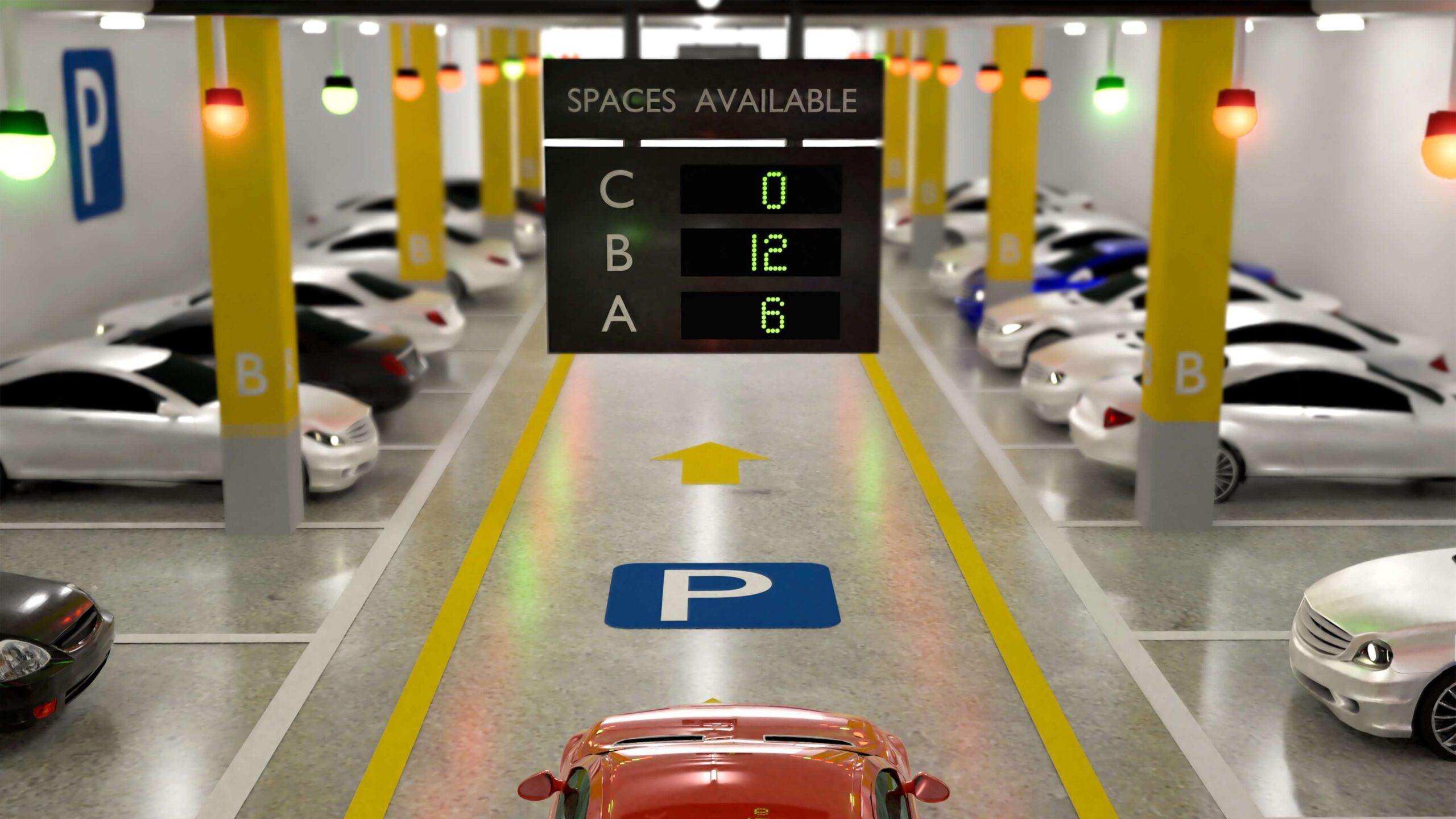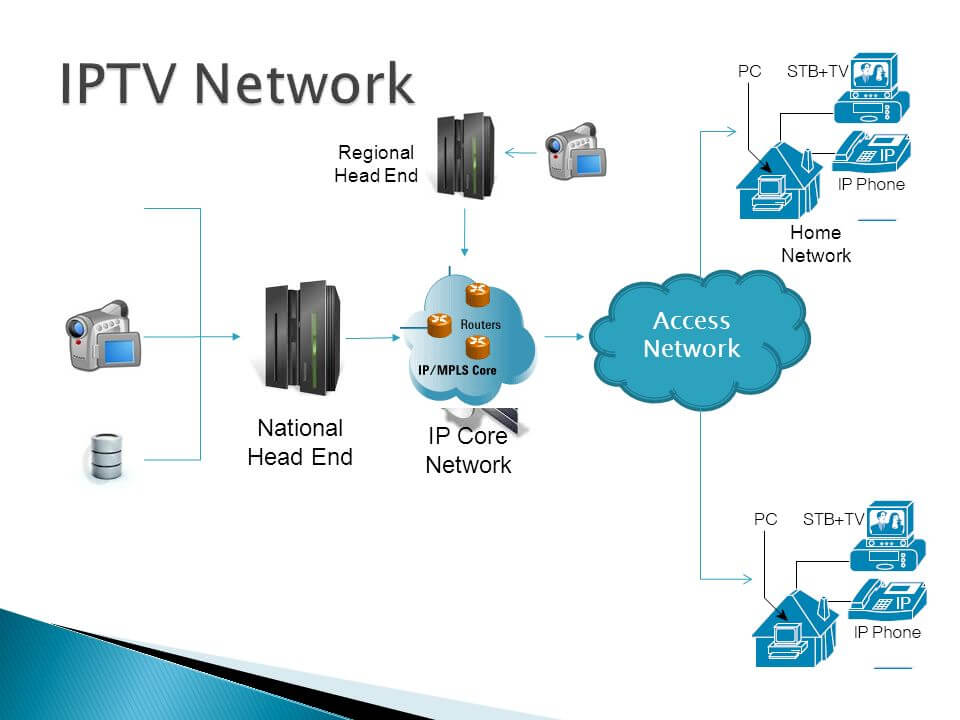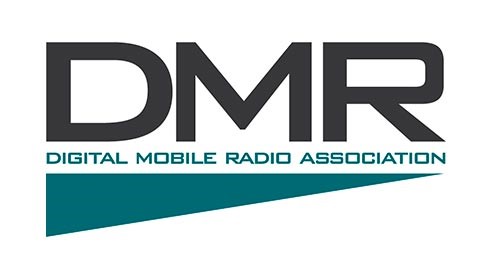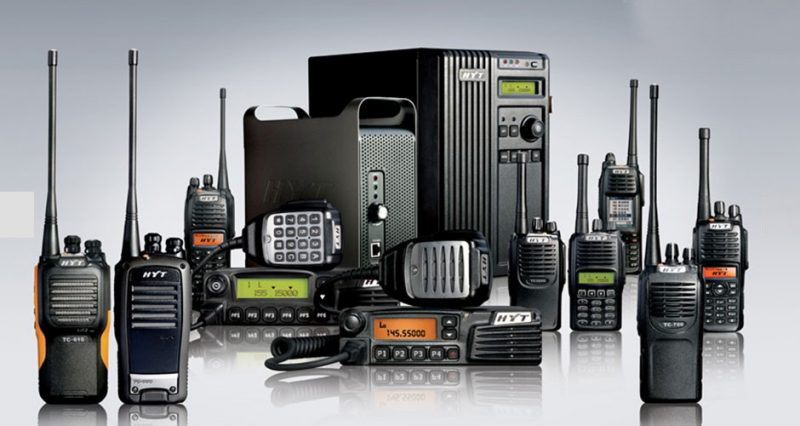As cities continue to grow in size and population, the demand for efficient infrastructure becomes more critical. One of the key challenges faced by urban planners and local governments is parking management. With limited space and an increasing number of vehicles, smart parking management systems have emerged as an essential solution to ease congestion and optimize urban mobility. These systems not only improve the efficiency of parking but also contribute to the broader goals of building sustainable and smart cities.
In this article, we will delve into the various components of efficient parking management systems and how they integrate with advanced technologies like the Internet of Things (IoT), wireless communication systems, CCTV surveillance, and more. By embracing modern innovations, cities can streamline parking operations, reduce traffic congestion, and enhance the overall urban experience for both residents and visitors.
The Role of Parking Management Systems in Smart Cities
Parking management systems are at the forefront of smart city initiatives. These systems use technology to monitor and manage parking spaces efficiently, improving the experience for drivers while reducing the environmental impact of unnecessary traffic. The integration of technologies like Digital Mobile Radio (DMR) and Push to Talk over Cellular (POC) systems helps parking authorities coordinate efforts and communicate more effectively.
A well-functioning parking management system offers several benefits to smart cities, including:
- Improved Traffic Flow: By providing real-time data on available parking spaces, these systems help reduce the time spent searching for a spot, ultimately reducing traffic congestion.
- Better Resource Allocation: Smart parking systems can dynamically allocate parking spaces based on demand, ensuring optimal use of space.
- Enhanced User Experience: Through mobile apps and digital payment solutions, drivers can easily locate and pay for parking, making the process smoother and more convenient.
- Environmental Benefits: Reducing the time spent searching for parking reduces carbon emissions, contributing to a greener urban environment.
Key Components of Efficient Parking Management Systems
A comprehensive parking management system integrates several advanced technologies that make parking smarter, more efficient, and more user-friendly. Some key components include:
1. Internet of Things (IoT)
IoT plays a pivotal role in modern parking management systems. By connecting parking sensors and devices to a network, cities can collect real-time data on parking availability, occupancy, and traffic flow. This data is then analyzed and shared with drivers via mobile applications, digital signage, and other platforms, enabling efficient navigation to available spots.
- Wireless Solutions: IoT-enabled parking sensors use wireless communication to send occupancy data to a central system, which then disseminates it to drivers and parking authorities. These solutions enable seamless real-time monitoring and management of parking spaces.
- VSAT (Very Small Aperture Terminal): For areas that may be off the grid or lack traditional internet infrastructure, VSAT can provide reliable connectivity to parking management systems, ensuring smooth operations even in remote locations.
2. CCTV and IP Video Surveillance
CCTV IP video surveillance systems are integral to monitoring parking facilities and ensuring security. High-definition cameras with IP capabilities can monitor parking lots 24/7, providing live feeds and recordings to parking authorities. These systems also aid in detecting unauthorized vehicles or any security breaches.
- Terrestrial Trunked Radio (TETRA) and Two-way radio solutions offer communication channels for security personnel to coordinate actions and respond to incidents swiftly, ensuring safety in parking areas.
3. Access Control System
Access control systems play a critical role in regulating entry and exit to parking areas, particularly in multi-level parking structures or restricted zones. Automated gates, license plate recognition (LPR) systems, and RFID (Radio Frequency Identification) tags ensure that only authorized vehicles can access certain parking areas. This prevents overcrowding and ensures optimal utilization of spaces.
4. Digital Mobile Radio (DMR)
Digital Mobile Radio (DMR) enhances communication between various components of a parking management system. By using digital radios for direct communication between parking attendants, security personnel, and system operators, cities can enhance response times and streamline operations. This ensures quick action in the event of an emergency or when managing high-traffic scenarios.
5. Master Clock System
A Master Clock System ensures synchronized timing across all elements of the parking management system. This is essential for operations like timed entry/exit controls, parking duration tracking, and coordinated communication among various departments.
Integration of Parking Management Systems with Smart City Infrastructure
For a parking management system to be truly efficient, it needs to seamlessly integrate with other components of a smart city infrastructure. These integrations include:
- Building Management Systems (BMS): Parking garages and lots are often part of larger building complexes. Integrating parking management systems with BMS ensures optimal management of space, energy efficiency, and safety protocols in the entire building.
- Audio Visual Systems: Digital signage and interactive displays guide drivers to available parking spaces. These systems can be integrated with real-time parking data, showing drivers exactly where to park based on current availability.
- IPTV and MATV: In larger parking complexes, drivers may experience delays or need assistance. Integrating IPTV and Master Antenna Television (MATV) systems can offer informative broadcasts, ensuring that users are updated on availability, delays, or other important information in real-time.
Benefits of Efficient Parking Management Systems for Cities and Citizens
1. Reduced Traffic Congestion
One of the main advantages of intelligent parking management systems is their ability to reduce traffic congestion. With features like real-time parking availability updates, drivers can easily find a spot, which reduces the need to circle around and look for parking. As a result, traffic congestion is alleviated, making cities more navigable and pleasant.
2. Cost-Effective Operations
By utilizing wireless solutions and IoT devices, cities can streamline parking operations and minimize the cost of manual monitoring and enforcement. Smart systems automate many processes, from payment collection to space management, thus reducing labor costs and the need for constant physical intervention.
3. Improved Public Safety
Smart parking systems, integrated with CCTV, access control, and alarm systems, enhance the overall safety of parking areas. This is especially important in high-traffic areas, where the risk of accidents, theft, or other security breaches is higher. By monitoring parking facilities and allowing immediate response to incidents, these systems contribute to public safety.
Future Trends in Parking Management for Smart Cities
As technology continues to evolve, so too will parking management systems. Here are a few future trends that will shape the future of parking in smart cities:
- Automated Parking: Future parking solutions may involve automated systems where vehicles park themselves using robotic technology and sensors.
- Electric Vehicle (EV) Charging Stations: As the adoption of electric vehicles increases, parking systems will need to integrate EV charging stations, ensuring that drivers can easily access charging facilities when parking.
- AI and Machine Learning: The use of AI and machine learning will further optimize parking space allocation, prediction of parking demand, and dynamic pricing models based on real-time data.
Conclusion
Efficient parking management systems are an integral part of building sustainable, smart cities. By utilizing advanced technologies like Internet of Things (IoT), Digital Mobile Radio (DMR), Wireless Solutions, and CCTV IP video surveillance, cities can ensure that parking spaces are utilized effectively, reduce traffic congestion, and enhance safety for citizens. As urbanization continues to rise, smart parking solutions will remain crucial for creating smarter, more efficient cities that cater to the needs of modern-day urban living.
By embracing innovations in access control, parking management systems, and voice-over IP systems (VoIP), urban planners can pave the way for seamless and secure parking experiences, ensuring that cities thrive in an increasingly digital and connected world.









